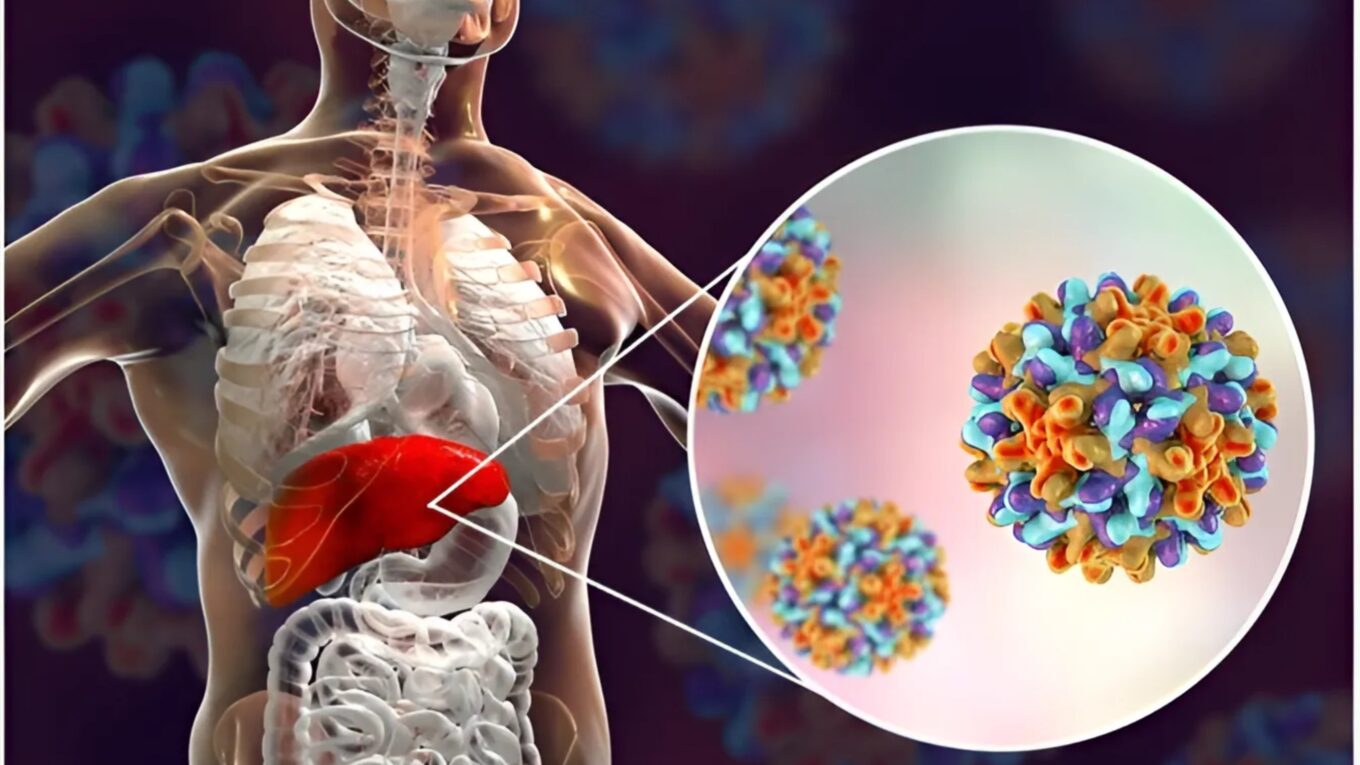Click here to Visit Facebook Page
Hepatitis A is a highly contagious liver infection caused by the hepatitis A virus (HAV). It is one of the several types of hepatitis viruses that can cause inflammation and affect the functioning of the liver. In this blog, we will delve into the various aspects of hepatitis A, including its symptoms, transmission, prevention, and treatment.
Symptoms:
The symptoms of hepatitis A can range from mild to severe and typically appear two to six weeks after exposure to the virus. Some common symptoms include:
1. Fatigue: Feeling unusually tired or weak.
2. Nausea and vomiting: Experiencing a sensation of queasiness and vomiting.
3. Abdominal pain: Discomfort or pain in the abdominal area, particularly around the liver.
4. Loss of appetite: A decrease in the desire to eat.
5. Jaundice: Yellowing of the skin and eyes, which occurs due to the buildup of bilirubin in the body.
6. Dark urine: Urine may appear darker in color than usual.
7. Clay-colored stools: Stools may become pale or clay-colored.
8. Fever: Mild to moderate fever may be present.
It is essential to note that not everyone infected with hepatitis A will experience symptoms. In some cases, especially in children, the infection may be asymptomatic.
Click here to Visit Facebook Page
Transmission:
Hepatitis A is primarily spread through the ingestion of contaminated food or water. The virus is commonly found in the feces of infected individuals and can enter the body through:
1. Consumption of contaminated food: Eating food that has been prepared by an infected person who did not properly wash their hands.
2. Drinking contaminated water: Drinking water from contaminated sources or consuming ice made from contaminated water.
3. Close personal contact: Coming into contact with the feces of an infected person, such as through changing diapers or sexual contact.
4. Poor hygiene practices: Not washing hands thoroughly after using the restroom or before handling food.
Traveling to regions with poor sanitation and hygiene standards can also increase the risk of contracting hepatitis A.
Click here to Visit Facebook Page
Prevention:
Fortunately, hepatitis A can be prevented through vaccination and adopting good hygiene practices. Here are some preventive measures:
1. Vaccination: The hepatitis A vaccine is highly effective in preventing infection. It is recommended for children, travelers to high-risk areas, and individuals with certain medical conditions.
2. Good hygiene: Washing hands thoroughly with soap and water after using the restroom, before eating or preparing food, and after changing diapers can help prevent the spread of the virus.
3. Avoiding contaminated food and water: Be cautious when consuming food and water, especially when traveling to regions with poor sanitation. Boiling or treating water before consumption can help kill the virus.
4. Practicing safe sex: Using condoms during sexual activity can reduce the risk of transmission.
Click here to Visit Facebook Page
Treatment:
There is no specific treatment for hepatitis A, and the infection typically resolves on its own without causing long-term liver damage. However, supportive care can help alleviate symptoms and promote recovery. Some treatment options include:
1. Rest: Getting plenty of rest is essential to allow the body to fight off the infection.
2. Hydration: Drinking plenty of fluids can help prevent dehydration, especially if vomiting is present.
3. Medications: Over-the-counter medications such as acetaminophen can help relieve pain and fever. However, it is essential to avoid certain medications, such as ibuprofen and aspirin, which can worsen liver damage.
4. Follow-up care: It is important to follow up with a healthcare provider for monitoring and to ensure complete recovery.
Conclusion:
Hepatitis A is a preventable liver infection that can cause a range of symptoms, including fatigue, jaundice, and abdominal pain. By practicing good hygiene, getting vaccinated, and taking preventive measures when traveling, the risk of hepatitis A can be significantly reduced. While there is no specific treatment for the infection, supportive care can help alleviate symptoms and promote recovery. If you suspect you may have hepatitis A or have been exposed to the virus, it is essential to seek medical attention for proper evaluation and management.





